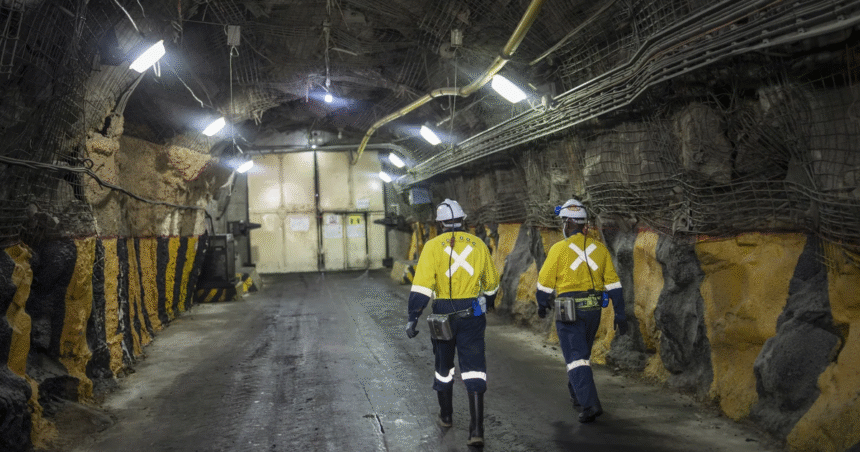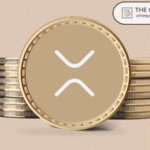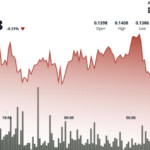The Ghana Gold Board has unveiled a strategic plan to commence local gold refining and launch fire assay operations, with an anticipated start date set for October 2025. This announcement was made by the Chief Executive Officer, Sammy Gyamfi, during the Mining and Minerals Convention held in Accra.
This initiative is aligned with the broader research objectives of President Mahama and will see the Gold Board collaborating with the Bank of Ghana and local refineries, including the Gold Coast Refinery. Beginning in October, the Board plans to purchase and export gold, transitioning to local refining.
Plans have been finalized for the construction of an ISO-certified assay laboratory at the Cargo Village of Kotoka International Airport. The new facility aims to incorporate fire assay testing, recognized globally as the gold standard, effectively replacing the current X-ray fluorescence (XRF) and water density methods.
“Our ambition is to transition Ghana’s assay process from XRF and water density to fire assay for all gold, whether derived from small-scale or large-scale mining, produced in or exported from Ghana,” Gyamfi stated.
Additionally, there are intentions to establish a wholly state-owned refinery that meets international standards, enabling Ghana to shift from exporting doré—a raw gold product—to bullion, which holds greater value.
“This effort is about asserting our sovereignty over our gold resources and ensuring that our citizens fully benefit from the wealth that has been bestowed upon us,” Gyamfi emphasized. The Ghana Chamber of Mines has expressed its willingness to partner with the Gold Board in refining gold from large-scale mining companies locally.
Gyamfi pointed out the need for enhancing the value of Ghana’s mineral exports, highlighting that it is a national concern that, despite being a leading gold producer in Africa, the country continues to export doré instead of bullion.
To further bolster its gold sector, Ghana has recently announced plans to hedge its gold exports, aimed at safeguarding the revenues that contribute to bolstering the foreign reserves of its central bank. As reported by the Bank of Ghana, the nation’s gold reserves increased to 32.99 tonnes by the end of June 2025, up from 32.16 tonnes in May, showcasing a consistent effort to enhance its foreign exchange buffers.






